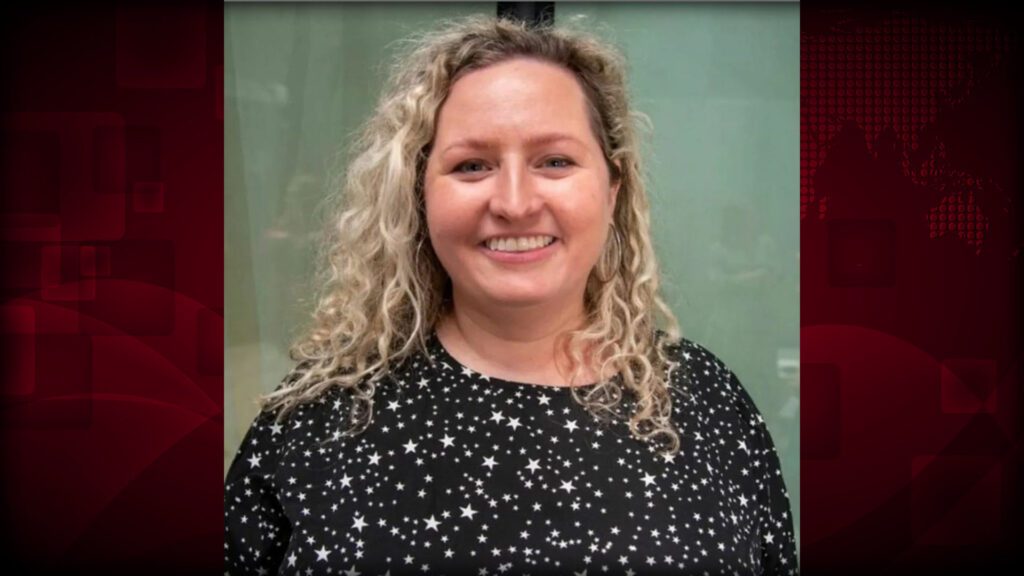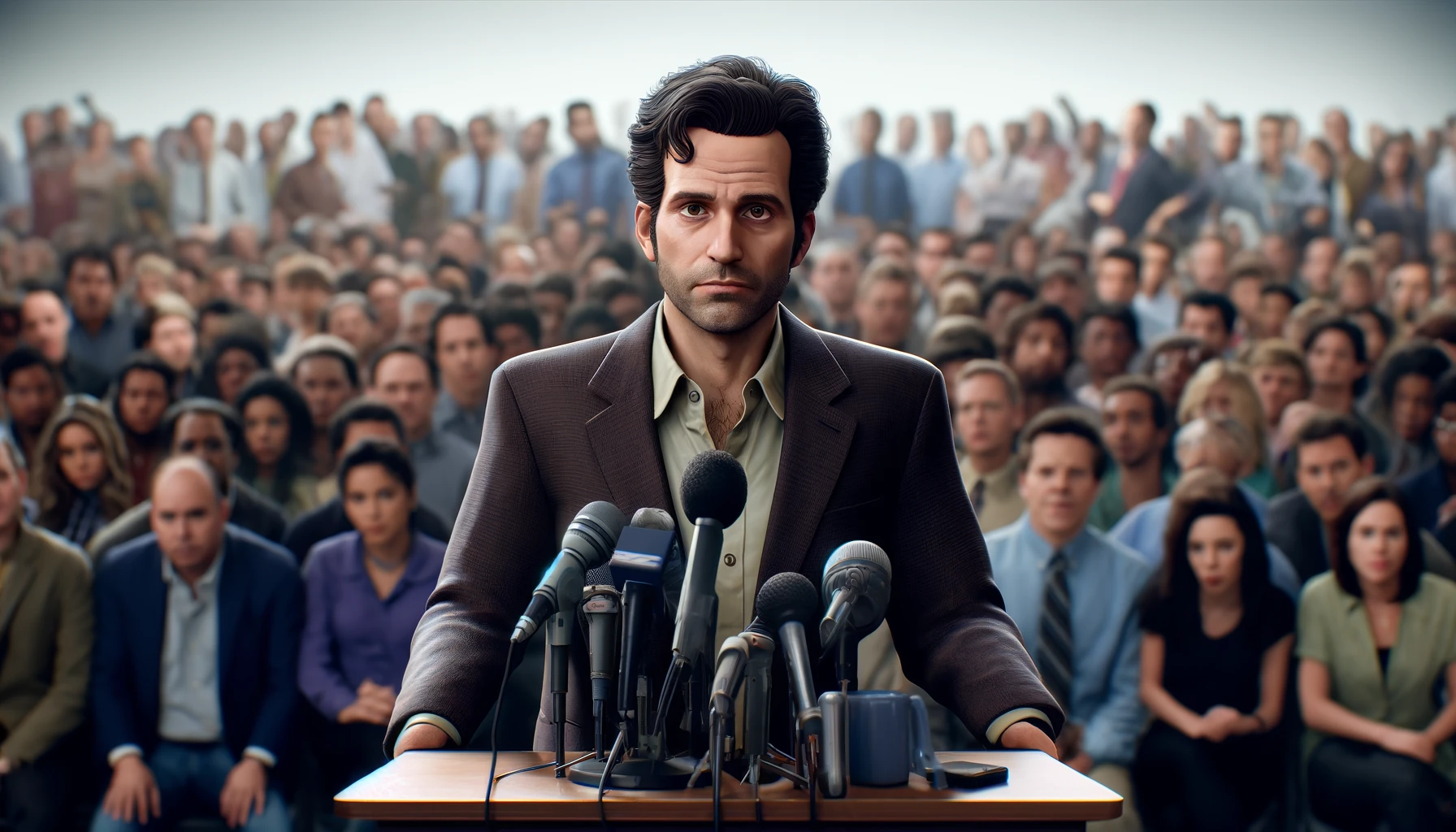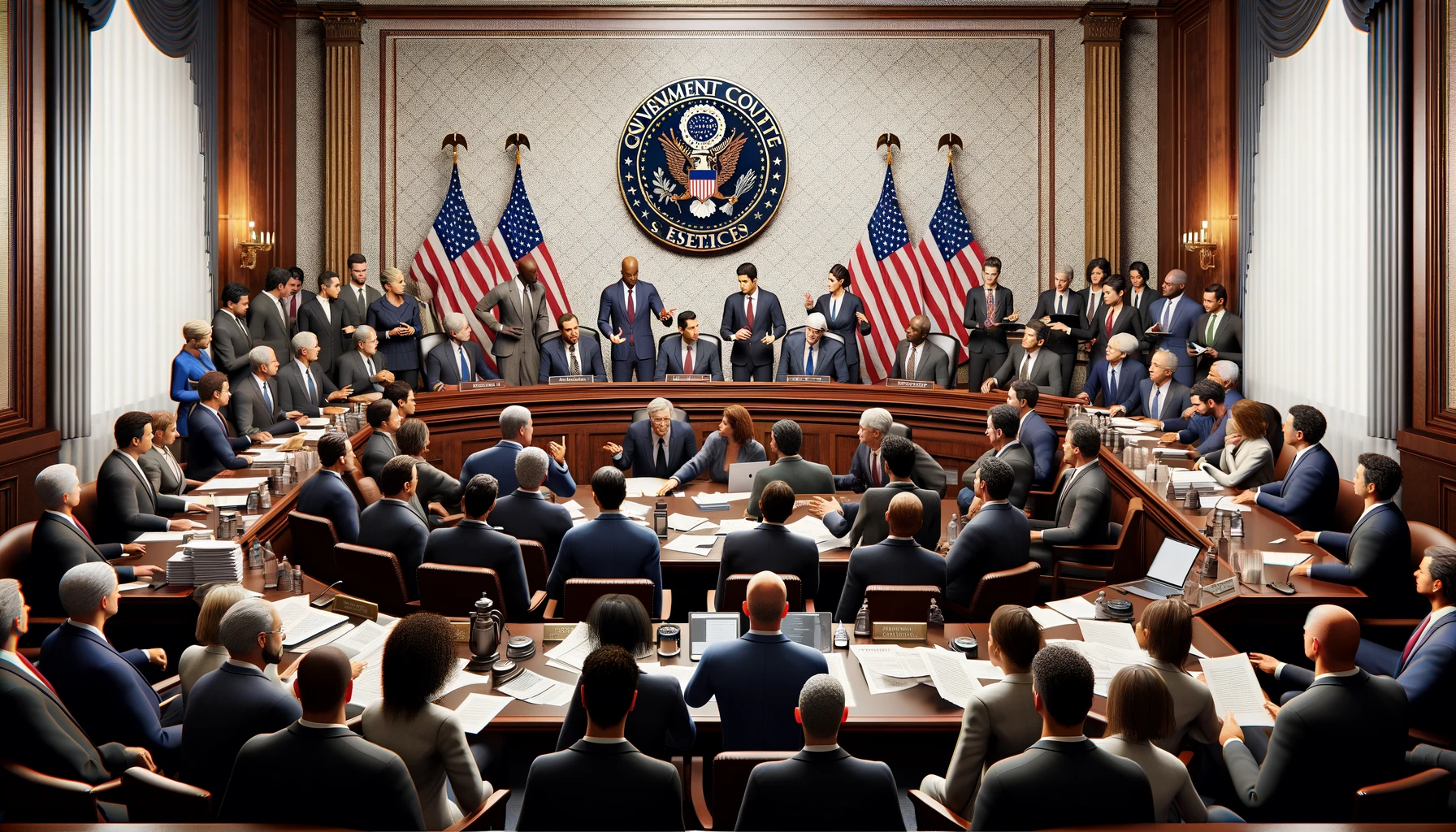Political correctness or a public health disaster? Our refusal to call obesity what it is might be causing more harm than good. Are we on the path to a self-inflicted health crisis by sugar-coating the truth?
The tide of political correctness is creeping into our medical discourse, diluting the importance of a significant health concern: obesity. The proposal to rename obesity as “Chronic Appetite Dysregulation” has sparked widespread concern. Are we simply trying to wrap a harsh truth in softer language to avoid causing offense?
Because of these factors, one super-sized model recently demanded accommodation from an airline due to discrimination. A woman who posts on the TikTok as Big Curvy Olivia showed a video this week of herself struggling to walk through a United Airlines plane, turning sideways as she walked through rows of seats.
Plus size TikToker is arguing that airlines should make plane aisles wider to accommodate larger passengers, calling the current layout “discrimination.”
— D. Scott @eclipsethis2003 (@eclipsethis2003) May 19, 2023
The woman, who posts to the platform as Big Curvy Olivia, shared a video this week showing herself struggling to traverse a… pic.twitter.com/v6N1ZDTuBx


Dr. Margaret Steele of the School of Public Health, University College Cork, emphasizes that we’re grappling with two distinct interpretations of obesity. The public focuses on Body Mass Index (BMI), while medical professionals assess physiological processes, including a person’s ability to store excess energy as fat and handle dietary sugar and insulin.
Dr. Jamie Kane from Northwell Health discussed renaming obesity to eliminate stigma and acknowledge its hereditary aspects in a conversation with Newsline’s Brigitte Quinn.
These differing viewpoints have led some to argue that the term ‘obesity’ unfairly stigmatizes people who struggle with weight due to hormonal or metabolic factors beyond their control. This argument, however well-meaning, sidesteps the fact that obesity is a public health crisis, irrespective of its causes. Renaming it won’t alleviate the alarming increase in childhood obesity or the associated health complications.
The real concern should be implementing strategies to combat obesity effectively. Measures could include reinstating physical education classes and reviewing food recommendations based on sound scientific evidence. Studies even suggest that obese individuals often have lower Vitamin D levels, indicating a possible connection between obesity, lack of sunlight, and increased screen time.
Social media, too, has its part to play. The rise in obesity can partly be attributed to campaigns promoting ‘fat-entitlement’ and ‘body-beautiful’ at the expense of encouraging a healthier lifestyle.
This argument takes a new turn when we consider recent legislation signed by New York City Mayor Eric Adams, banning discrimination based on body size. While the aim is to foster inclusivity, there is a risk that this could lead to complacency in addressing the critical issue of obesity.
Our health matters more than appeasing societal sensitivities. Erasing ‘obesity’ from discourse might make some feel better, but it won’t make us healthier. To truly address this issue, we must confront it head-on, not disguise it in palatable terms. Let’s prioritize health, not political correctness.
Let’s continue this conversation, in the comments below.

















